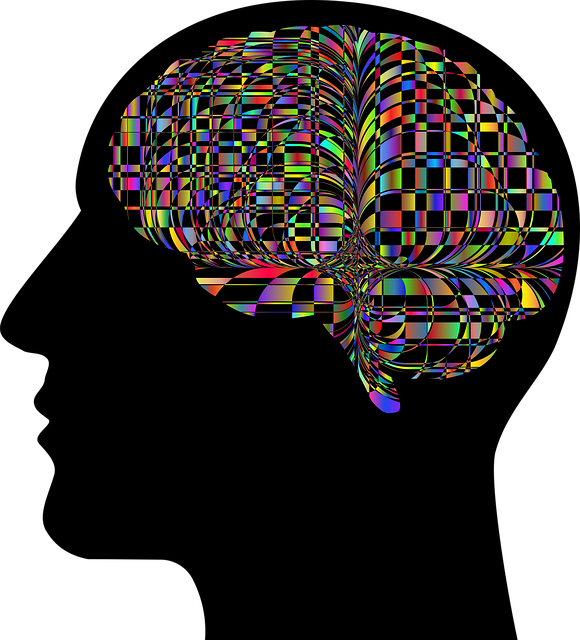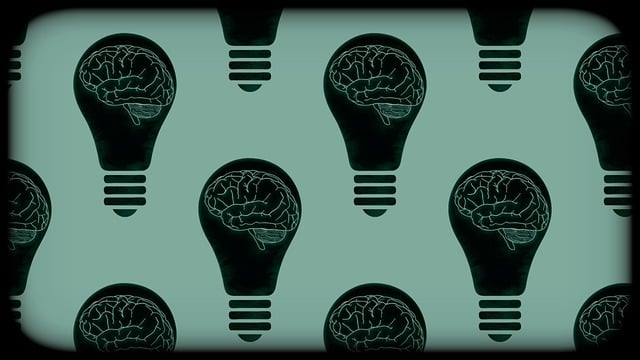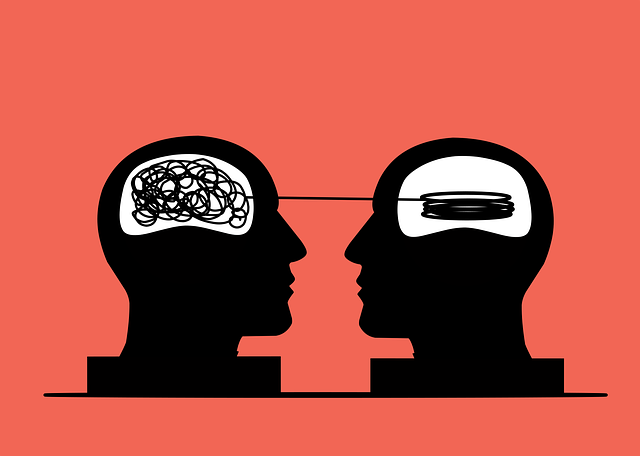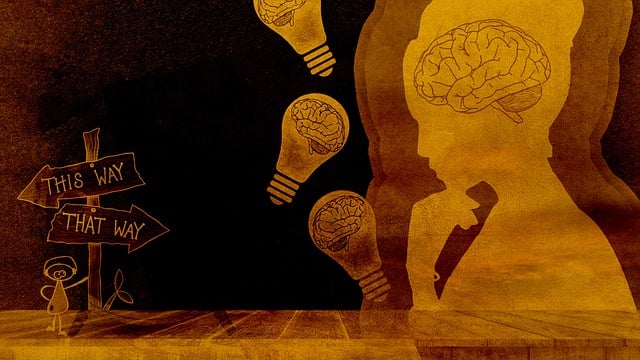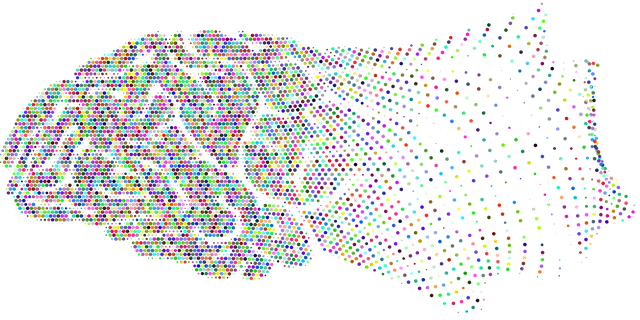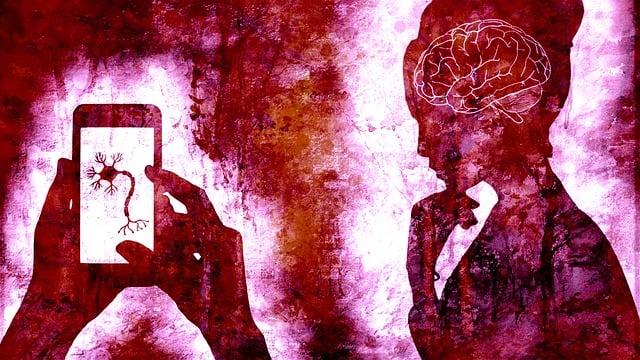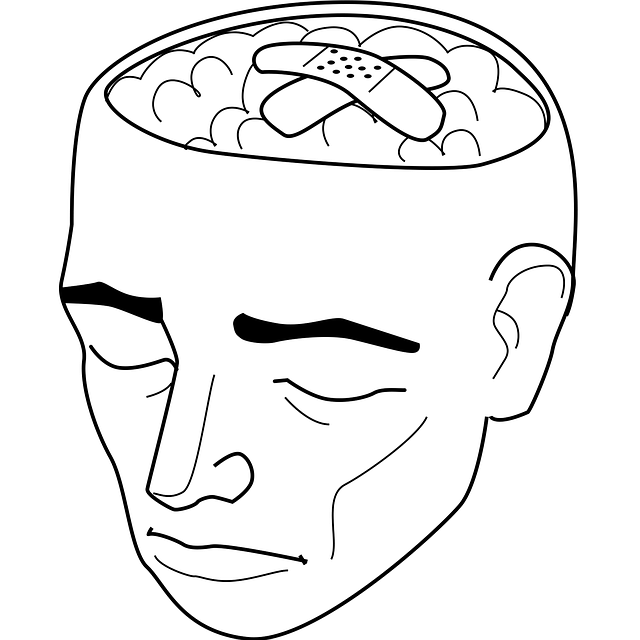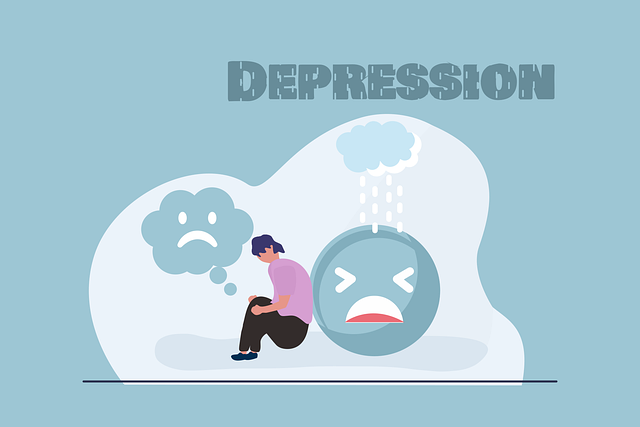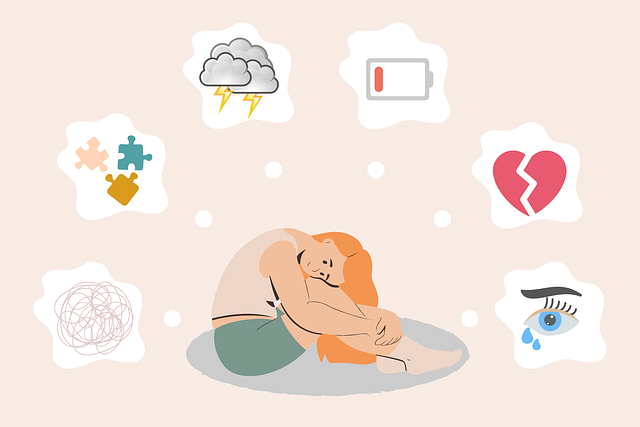Westminster Chronic Pain Therapy focuses on cultural sensitivity in mental healthcare, addressing the diverse pain experiences of different backgrounds. They integrate compassion cultivation practices to bridge cultural gaps and tailor self-care for enhanced well-being. Public awareness campaigns challenge stereotypes, fostering inclusivity. These initiatives ensure accessible, responsive care, leading to healthier communities and improved outcomes, regardless of cultural origin. By prioritizing cultural competence, Westminster Chronic Pain Therapy creates an inclusive space where individuals from all backgrounds receive personalized, evidence-based treatment tailored to their unique needs.
Mental healthcare practices must embrace cultural sensitivity to provide effective treatment for a diverse patient population. This article explores key aspects of cultural diversity in mental health, including challenges and barriers that hinder inclusive care. We highlight successful strategies employed by Westminster Chronic Pain Therapy, showcasing how integrating cultural competence enhances patient outcomes. By delving into these topics, we aim to emphasize the importance of cultural awareness and adaptation in enhancing care for all individuals seeking mental health services.
- Understanding Cultural Diversity in Mental Healthcare
- Challenges and Barriers to Cultural Sensitivity
- Integrating Cultural Competence into Practice at Westminster Chronic Pain Therapy
- Enhancing Patient Care through Cultural Awareness and Adaptation
Understanding Cultural Diversity in Mental Healthcare

In the diverse landscape of mental healthcare, understanding cultural diversity is paramount to delivering effective and compassionate treatment. At Westminster Chronic Pain Therapy, we recognize that individuals’ experiences, beliefs, and expressions of pain can vary greatly across different cultures, shapes, and backgrounds. This cultural sensitivity involves not only recognizing these differences but also integrating them into therapeutic practices. Compassion Cultivation Practices, which foster empathy and understanding, play a crucial role in bridging the gap between healthcare providers and clients from varied cultural origins.
By incorporating Self-Care Practices tailored to respect and accommodate diverse needs, we enhance the overall well-being of our clients. Furthermore, Public Awareness Campaigns Development can significantly contribute to challenging stereotypes and misconceptions, fostering an inclusive environment. These initiatives ensure that mental healthcare remains accessible and responsive to all, ultimately promoting healthier communities and improved outcomes for everyone, regardless of cultural background.
Challenges and Barriers to Cultural Sensitivity

Cultural sensitivity in mental healthcare is a complex issue with several challenges and barriers. One significant obstacle is the lack of diverse representation among mental health professionals. In many places, including Westminster Chronic Pain Therapy areas, the majority of therapists and counselors may come from a specific cultural background, leading to potential biases and misunderstandings when treating clients from different ethnic or socio-cultural groups. This homogeneity can result in practices that are not culturally tailored, potentially causing harm or making clients feel misunderstood.
Additionally, language and communication differences play a pivotal role. Effective communication requires more than just words; it involves understanding cultural nuances, body language, and non-verbal cues. The absence of these skills in mental health settings can create barriers to building trust and rapport with clients from diverse backgrounds. Addressing these challenges through initiatives like Mental Wellness Coaching Programs Development, comprehensive Mental Health Education Programs Design, and the production of inclusive Mental Wellness Podcast Series can significantly enhance cultural sensitivity and improve access to quality care for all.
Integrating Cultural Competence into Practice at Westminster Chronic Pain Therapy

At Westminster Chronic Pain Therapy, integrating cultural competence into practice is not just a buzzword but a foundational principle aimed at enhancing patient care and emotional well-being promotion techniques. Understanding and respecting diverse cultural backgrounds, beliefs, and values are essential components of delivering effective mental healthcare services. This approach ensures that every patient receives individualized attention tailored to their unique needs.
By incorporating cultural sensitivity, Westminster Chronic Pain Therapy fosters an inclusive environment where patients from various ethnic, racial, and cultural groups feel understood and supported. Through specialized training and ongoing educational initiatives, therapists at the clinic are equipped with the skills needed to navigate complex cultural dynamics. This enables them to adapt their therapeutic methods, ensuring that evidence-based practices align with the patient’s cultural context, ultimately enhancing mental wellness outcomes.
Enhancing Patient Care through Cultural Awareness and Adaptation

Cultural awareness and adaptability are key to enhancing patient care in mental healthcare practices, including those offered by Westminster Chronic Pain Therapy. Understanding a patient’s cultural background, values, and beliefs allows healthcare providers to tailor their approach, ensuring more effective treatment. This involves incorporating culturally sensitive communication techniques, recognizing and respecting traditional healing practices, and adapting therapeutic methods to align with the patient’s preferences and community norms.
By doing so, mental health professionals can create a safe and supportive environment that encourages open dialogue and promotes positive outcomes. For instance, addressing emotional regulation through cultural-specific coping strategies, as supported by Mental Health Policy Analysis and Advocacy, can lead to improved patient satisfaction and adherence to treatment plans. Moreover, fostering an inclusive setting that values diverse perspectives encourages patients to express their concerns honestly, ultimately benefiting their overall mental health and well-being.
Cultural sensitivity in mental healthcare is no longer a consideration but a necessity. As diverse communities seek support, integrating cultural competence, as demonstrated at Westminster Chronic Pain Therapy, ensures tailored and effective treatment. By addressing challenges and barriers, mental health professionals can enhance patient care through awareness and adaptation, fostering an inclusive environment that resonates with individuals from various cultural backgrounds.

